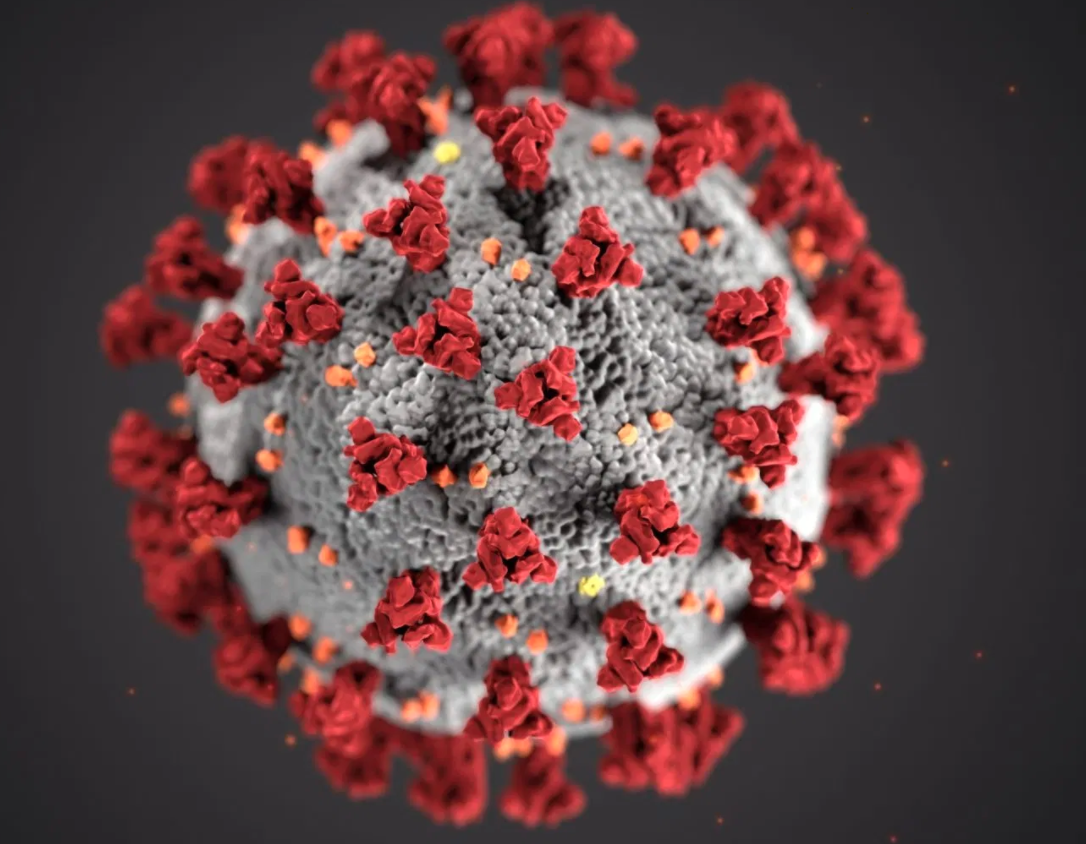 Covid-19 is a real puzzler. Its effects are all over the map from unnoticeable to death, along with every point in between. Some people exhibit no symptoms and are unaware that they are infected until a positive test for the SARS-Cov-2 virus delivers the bad news. Others rapidly deteriorate and then die within a few days. Some (the “long haulers”} remain weak and tired for months after the acute disease has left them. Some even suffer permanent damage to their internal organs.
Covid-19 is a real puzzler. Its effects are all over the map from unnoticeable to death, along with every point in between. Some people exhibit no symptoms and are unaware that they are infected until a positive test for the SARS-Cov-2 virus delivers the bad news. Others rapidly deteriorate and then die within a few days. Some (the “long haulers”} remain weak and tired for months after the acute disease has left them. Some even suffer permanent damage to their internal organs.
Is there any way to predict how Covid-19 will affect any given individual? Will it pass unnoticed? Will it make a person critically ill? Or will it cause the person’s death? Early in the pandemic’s spread in the United States, 5,279 people who tested positive for the SARS-Cov-2 virus, were evaluated by a family of hospitals in New York City, the early epicenter of the pandemic in the USA. The records kept about these encounters have been reported in a paper that appeared in the highly respected British Medical Journal (theBMJ).
Of the 5,279 people who showed up at one of the hospitals and tested positive, 2,538 were treated as outpatients. The remaining 2,741 were admitted to the hospital. Of the 2,741 admitted, 2,729 had a definite outcome by the end of the study. There are two outcome categories:
- Discharge
- Critical illness
 1,739 were discharged and 990 were classified as critically ill. Of the 990 who were classified as critically ill, 665 either died in the hospital or were sent to a hospice to die. That puts the fatality rate for patients classified as critically ill at 67%. Two out of three critically ill patients did not survive their infection.
1,739 were discharged and 990 were classified as critically ill. Of the 990 who were classified as critically ill, 665 either died in the hospital or were sent to a hospice to die. That puts the fatality rate for patients classified as critically ill at 67%. Two out of three critically ill patients did not survive their infection.
When the patients were admitted, a battery of tests were administered, and questions were asked. This data is the basis for the analysis of the connections between test results and answers to questions, to outcomes. Of particular interest is what patient characteristics were associated with bad outcomes. Some factors were predictive of whether a patient with a positive SARS-CoV-2 test would be admitted to the hospital, in ranked order. Other factors were predictive of whether a patient would advance to critical illness. The results are interesting.
Predictors of hospital admission (strongest predictor first):
- Age greater than or equal to 75
- Age between 65 and 74
- Heart failure
- Male sex
- Chronic kidney disease
- A body mass index (BMI) equal to or greater than 40
- Hypertension (high blood pressure)
Of those admitted, some will advance to critical illness. The predictors of critical illness (strongest predictor first) are:
- Age greater than or equal to 75
- Age between 65 and 74
- Heart failure
- A body mass index (BMI) greater than 40
- Male sex
- Diabetes
What are the take-aways here?
- If any of the above listed factors apply to you or to anyone you live with, it would be a good idea to avoid Covid-19.
- Follow health guidelines as if your life depends on it, because it does
- Practice social distancing
- Wear a mask when around other people
- Wash your hands frequently
- Stay home as much as possible
- Take supplemental Vitamin D and Vitamin C
- Get adequate sleep and exercise
Following these guidelines can be a drag, but if doing so saves your life or the life of someone you love, isn’t it worth doing?